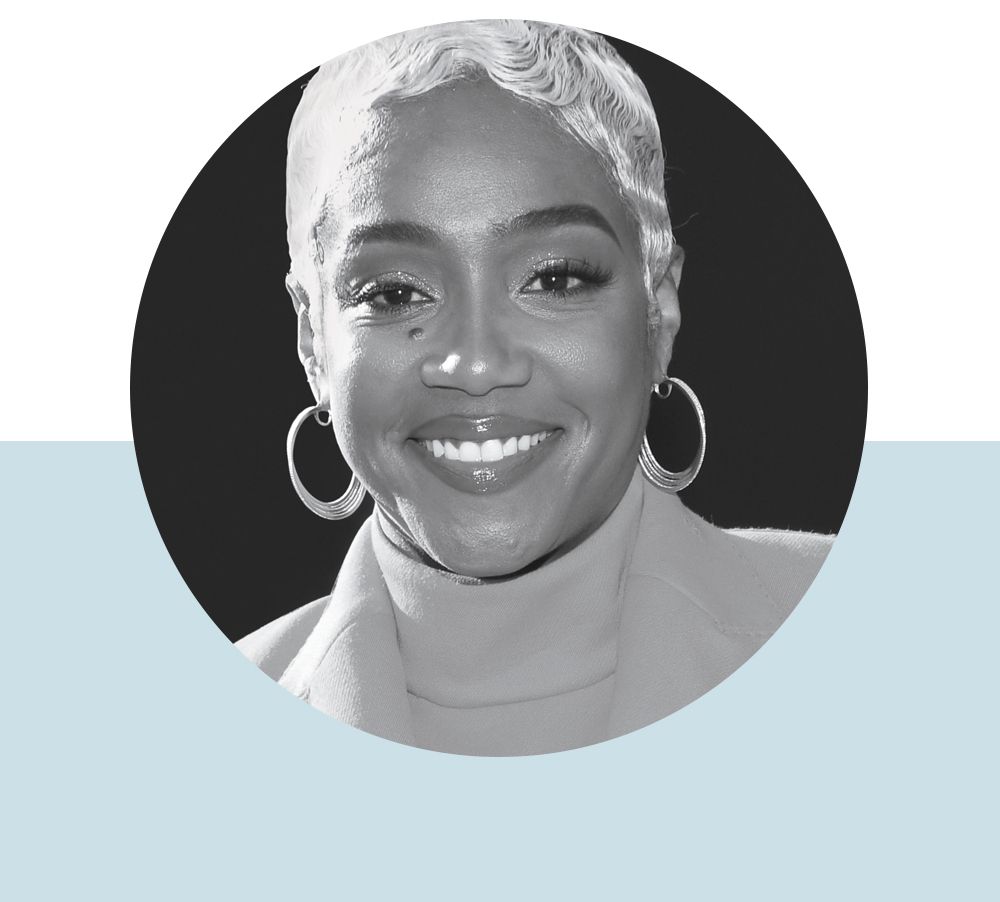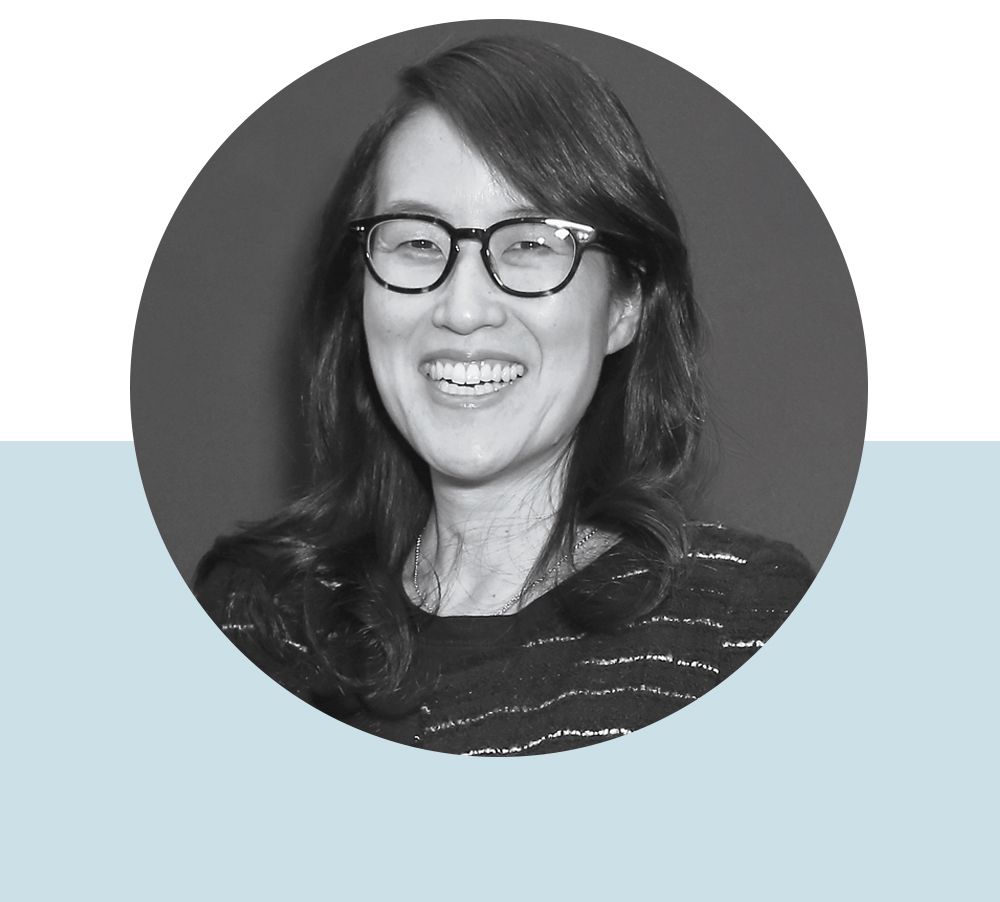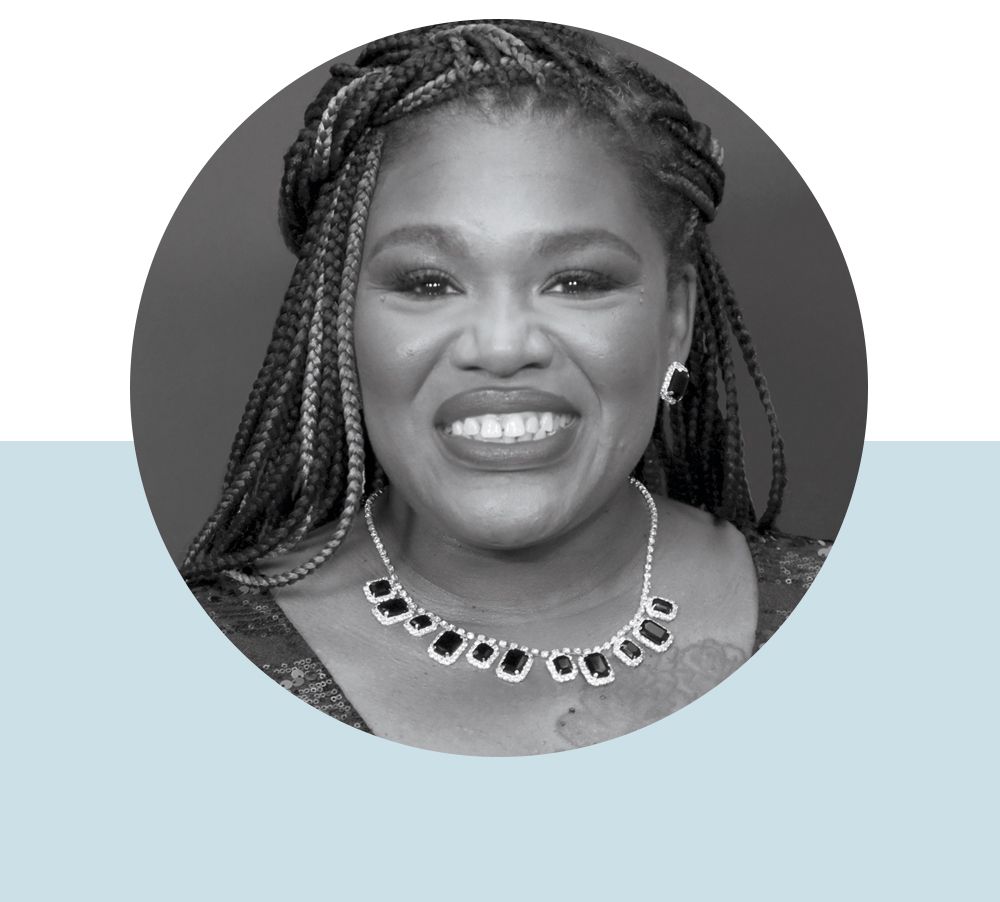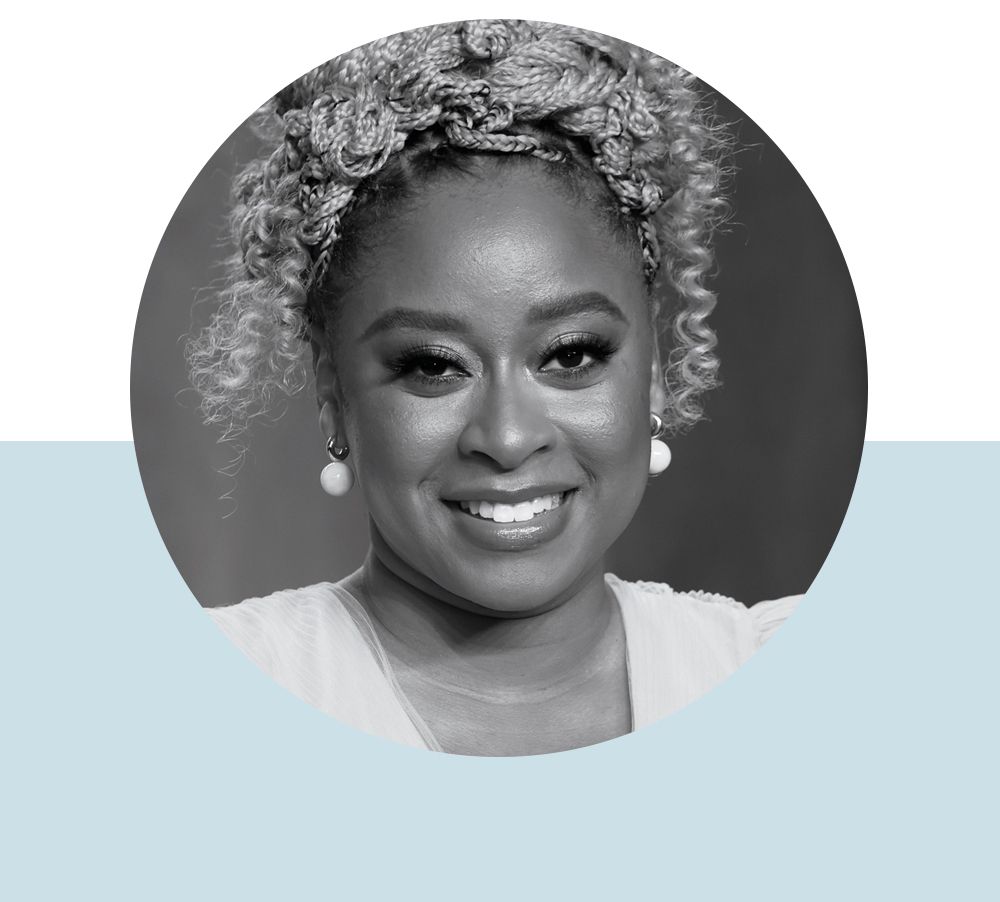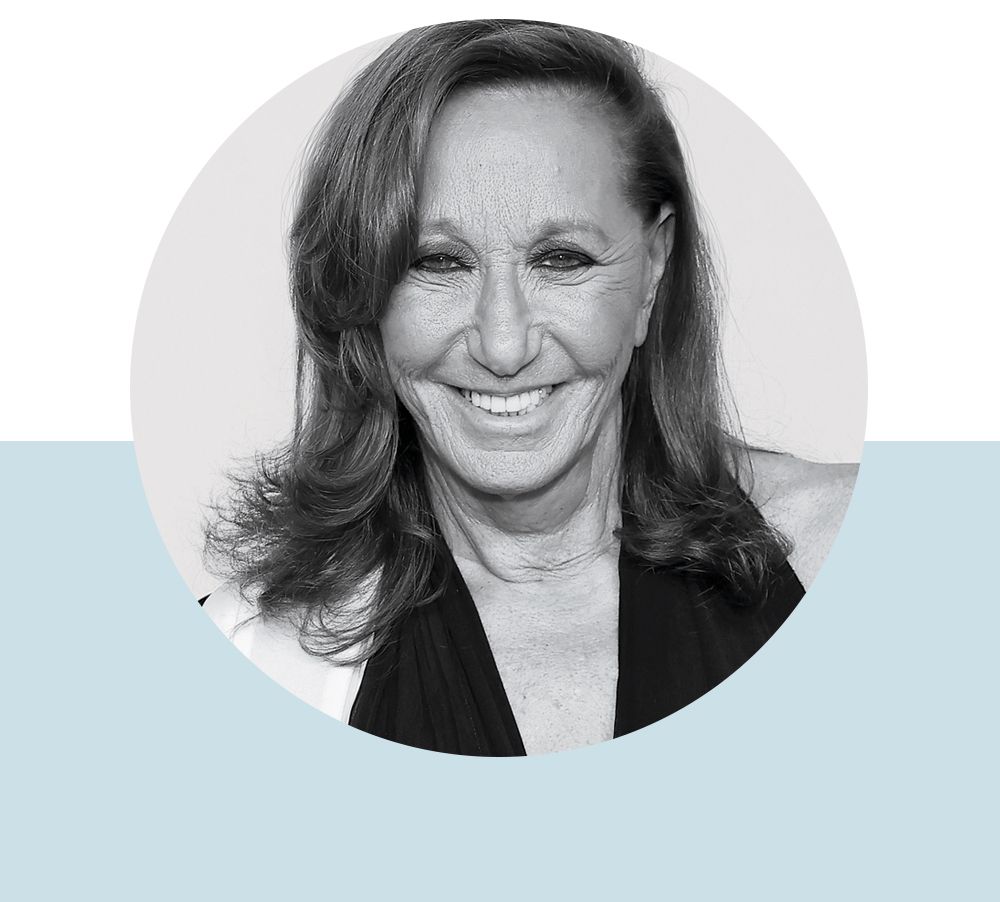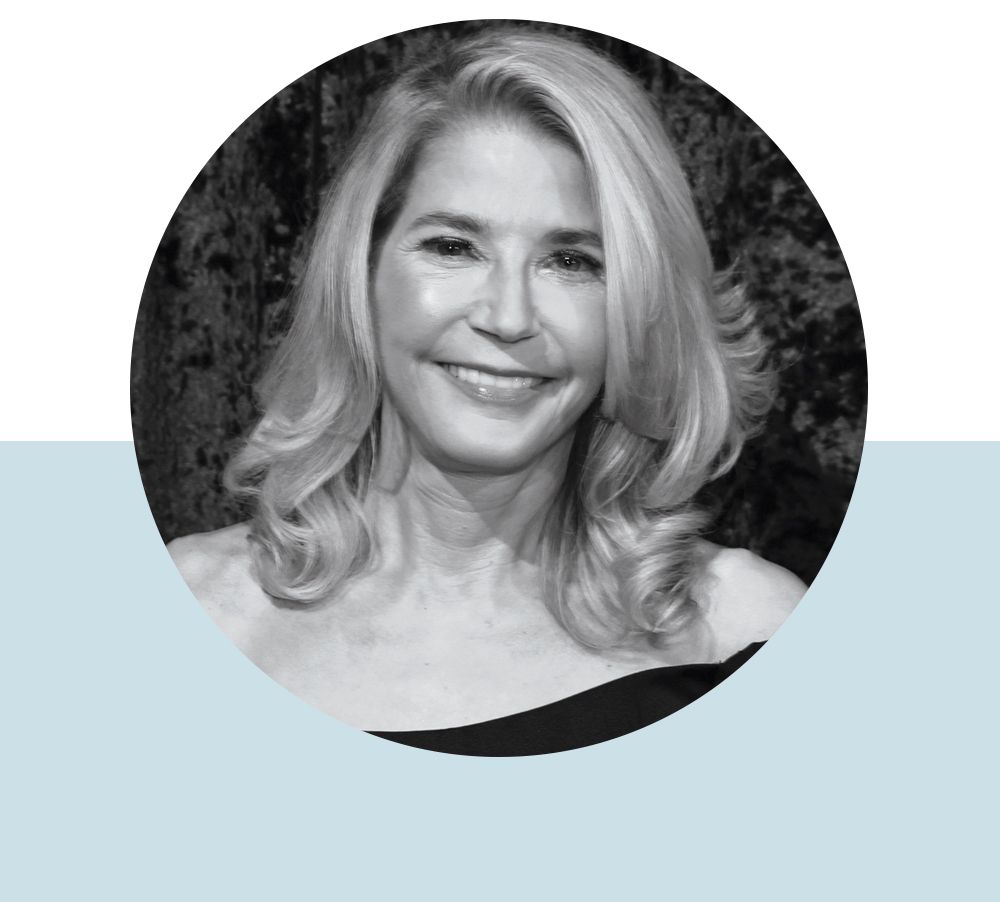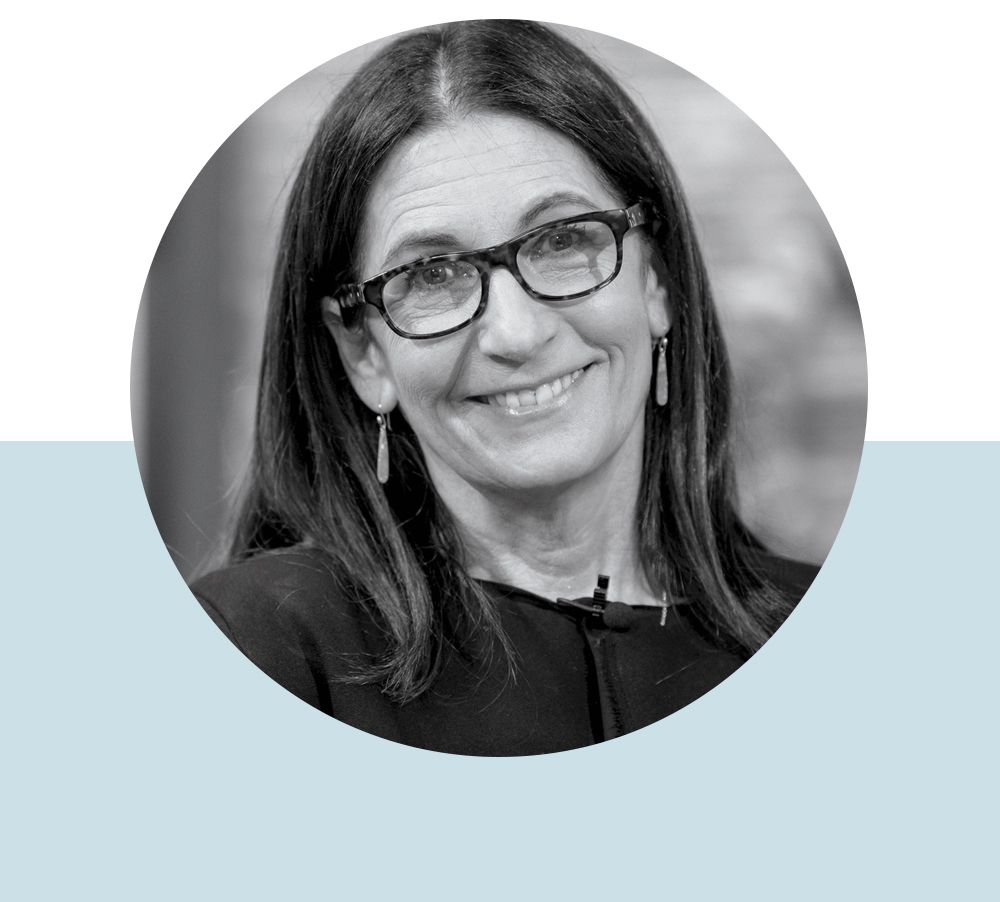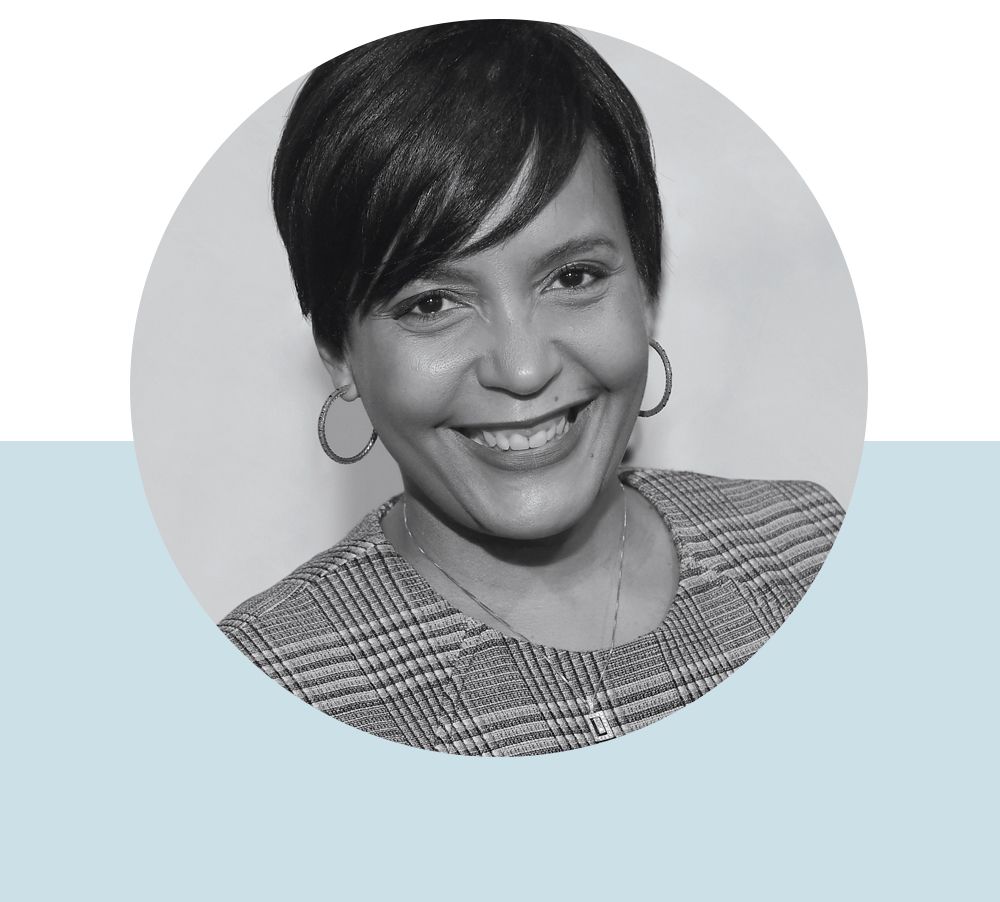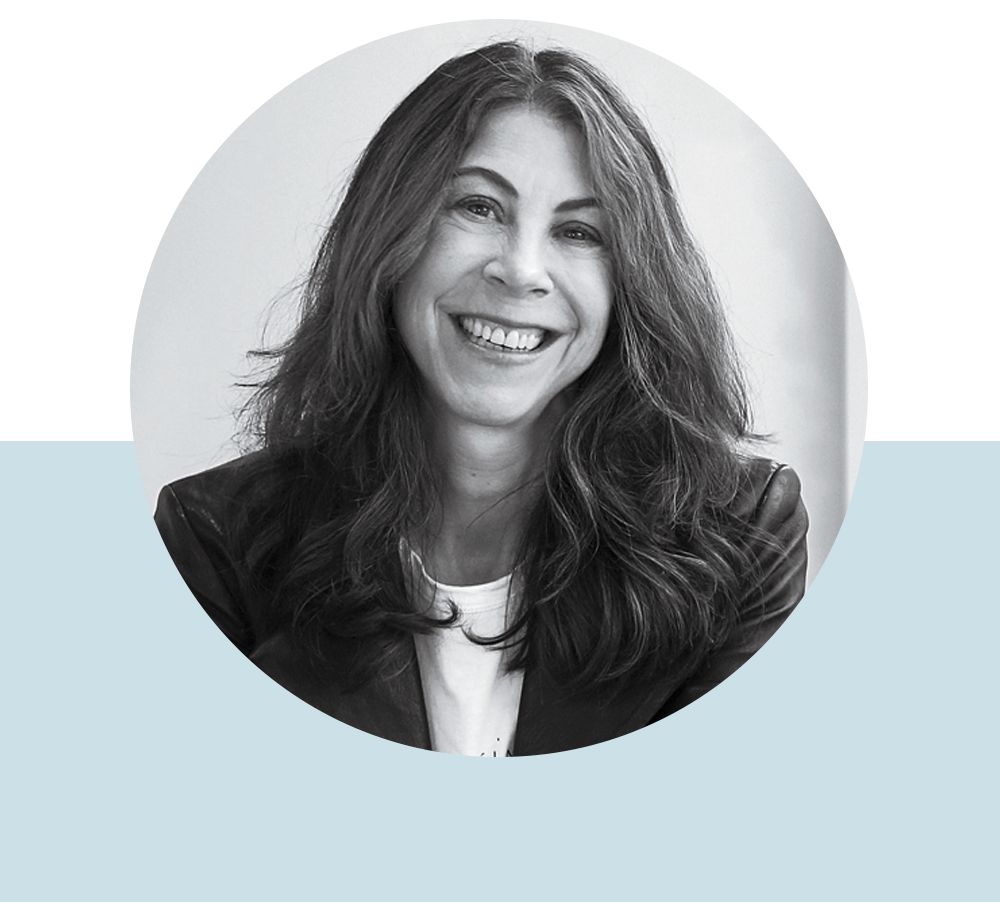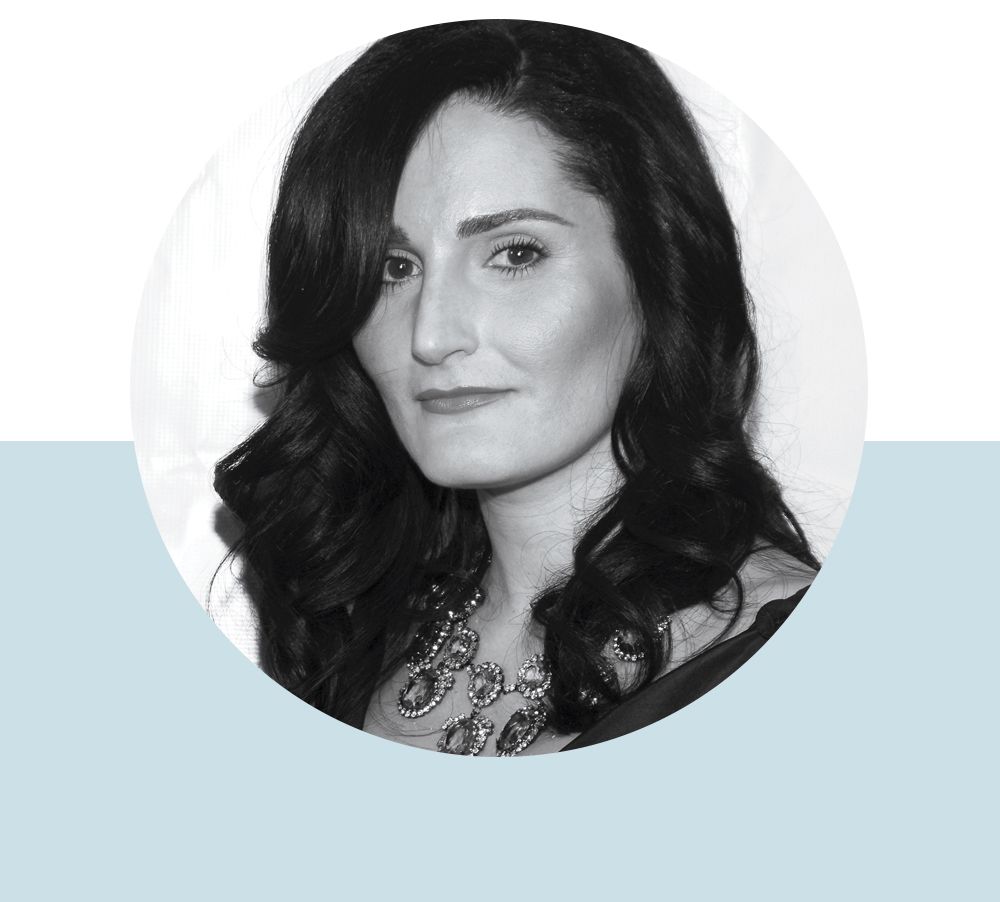The original post is located at www.elle.com
Something’s been happening with the ambitious women in my life. A friend who used to be focused on climbing the corporate ladder in her marketing job—while dabbling in a series of side hustles—is trying to figure out how to backpedal. A lawyer at a big tech company who’s the breadwinner for her family is taking a leave of absence. A creative force of nature who burned out mid-pandemic is trying to make peace with the not-that-difficult job she took just to hold on to her health insurance.
Then, over glasses of wine one weeknight, I found myself saying to a fellow go-getter: “I’m just not that busy lately.” As someone who has always had a sense of pride in her work ethic and found a sense of purpose in her career, this was a shocking, satisfying, and slightly shameful admission. I realized that something had shifted for me, too.
Women are in the midst of a revolutionary reckoning with our ambitions. We’re not resigning en masse—because who can afford to quit her job in this economy?!—but we are trying to figure out a new set of goals and guidance for our professional lives. Thanks to long-simmering inequality and stubborn sexism, clarified by the pain of the pandemic, our definitions of success increasingly lie outside the realm of work. We are waking up to the fact that our jobs are never going to love us back. And we are trying to adjust accordingly.
The girlbosses who once dominated our social media feeds have been ousted and mocked, and are now selling cottagecore trinkets in Brooklyn. On TikTok, “bimbofication” converts preach the gospel of not trying to prove you’re the smartest or hardest-working person in the room: Just concentrate on your looks and let someone else pick up the check. Essays about the disappearance of ambition and the liberating power of saying “no” go instantly viral. And yes, I’ll say it: When Kim Kardashian was dragged for declaring, in her signature vocal fry, that “nobody wants to work these days,” she was a little bit right. We don’t want to work ourselves to the bone, clocking overtime hours without overtime pay, for a vanity title at a soulless corporation anymore.
At this point in our collective professional history, women are looking for something more. Or is it something less?
If you narrowly define ambition as the pursuit of money and power, then the last century was one of increasingly ambitious women. In the early 20th century, just 20 percent of women worked outside the home, with Black women twice as likely as white women to have wage-earning jobs. After World War II, the numbers ticked up steadily (Rosie the Riveter is an icon for a reason), and by the 1970s, half of single women and 40 percent of married women were employed. Women were helped along by some important feminist gains: We could finally access birth control, get a credit card in our own name, and enjoy some basic protections against pregnancy discrimination and sexual harassment. But even after the heavy-shoulder-pads energy of the 1980s and early ’90s, our workforce participation peaked in the late ’90s.
Women’s progress stalled before our ambition did. In the 21st century, “although women now enter professional schools in numbers nearly equal to men, they are still substantially less likely to reach the highest echelons of their professions,” said then-Federal Reserve Chair Janet Yellen in a 2017 speech. The gender pay gap stubbornly persists, even among men and women of similar education and occupation, and is particularly yawning for women of color. A 2021 McKinsey report found “a disconnect between companies’ growing commitment to racial equity and the lack of improvement we see in the day-to-day experiences of women of color.” No wonder the pandemic—and its accompanying crisis of caregiving—pushed many women with stagnant paychecks out of the workforce and into full-time childcare. In 2020, a full quarter of U.S. women considered leaving the workforce or downshifting their career, according to another McKinsey report in March 2021.
Millennials, particularly those of us with college degrees and feminist impulses, once thought we could crack the ambition code. Where boomers had failed to shatter glass ceilings and Gen Xers had failed to fully scale the corporate ladder, my generation would do better. And if we couldn’t change corporate America, we’d build our own businesses and simply sidestep the problem. We all know how that worked out! It’s become apparent that many of the promised rewards of professional striving are never going to materialize. Why, some women are wondering, should I keep trying so hard?
“Some people feel as if they’ve been tricked,” says Paco de Leon, author of Finance for the People. “And they’re waking up to this realization: There’s gotta be a better way to make money and save for all my goals—and not feel like I’m constantly burning the candle at both ends.”
In a fall 2021 Gallup survey of 13,000 U.S. employees, the top quality that women sought in a job was “greater work-life balance and better personal well-being”—just slightly ahead of higher pay and benefits. Despite the damning statistic that there are 1.8 million fewer women in the labor force than before the pandemic, the vast majority of workers don’t have the financial option to drop out entirely. Some of us wouldn’t want to even if we could.
I know a few women who are fantasizing about fundraising a seed round or making partner. But most of my friends are running the numbers to figure out if they can afford to quit without another job lined up, or go down to four days a week without taking a significant salary hit. They are applying for positions that don’t require overtime so they can be more present for their children, their elderly parents, the causes they care about, their own creative practice. Some are thoroughly burned out and want to work less for the sake of their own health. Still others spent much of the past two years collecting unemployment, and found the experience more radicalizing than demoralizing.
“Yes, I’m ambitious,” a friend told me recently, “but climbing the corporate ladder does not interest me like it used to. A title, a bump in pay—it’s not satisfying. What I need to feel successful and fulfilled is completely different. Am I doing something that brings satisfaction? Do I feel like I’m learning? Do I feel like I’m contributing? Do I feel like I’m connecting to other people? Do I feel like I have flexibility in this new way we live and work? Am I given not only responsibility but autonomy? Am I in a place that aligns with my values? The things that I am looking for have changed.”
What’s happening now is a restlessness, a searching, a wholesale reexamination of the role that work should play in a woman’s life and identity. “If we look at the second wave of feminism, the goal was to access the things that white men had,” says Mia Birdsong, author of How We Show Up: Reclaiming Family, Friendship, and Community. But now, instead of breaking the glass ceiling, Birdsong says she and many other women would rather leave the building altogether. “I want to go and sit beneath trees, or sit in a field, or whatever,” she says, laughing.
Of course, some women—particularly those working for hourly wages—never had any illusions that work was a path to personal fulfillment. Work has always been a necessity, and therefore less about narrowing the national wage gap and more about just putting food on the damn table. Many of these women have been sounding the alarm about the untenable nature of American labor for years now, and are leaders in the movements to organize at places like Starbucks and Amazon.
But this rethinking of ambition is a more recent twist for those of us who get paid a salary with benefits, and who absorbed the idea that we could possibly advance feminism while also advancing our own careers. “Girlboss,” now a verb, finds itself grouped with “gaslight” and “gatekeep” in what Vox called “a kind of ‘live, laugh, love’ of toxic, usually white feminism.” The widespread Black Lives Matter protests of summer 2020 prompted many of us to develop a new understanding of the unfair systems that underpin much of American life. And of course, the pandemic has revealed everything from the gaping holes in the safety net to the unequal domestic work of heterosexual relationships to the fragility of our health—both mental and physical. For many of us, the ambition to rise through the ranks in our chosen field has dissolved into something simpler: the desire to not feel so stressed and exhausted all the time.
Working fewer hours was supposed to be our collective reality by now. In 1965, a U.S. Senate subcommittee projected that thanks to advancements in technology, workers would be so productive that we’d all enjoy a 14-hour workweek by the year 2000. (That sound you hear is the bitter laughter of every American worker.) Instead, we are clocking an average of 44 hours per week, with one in five workers working 49 to 59 hours. Meanwhile, for women, sexist barriers to professional advancement remain stubbornly in place. On The Economist’s glass-ceiling index, which ranks OECD countries from best to worst when it comes to women’s chances for equal treatment at work, the United States recently fell by two places to the 20th spot on the list.
No matter how hard we hustle, the statistics say that most of us will still hit that proverbial glass ceiling—especially if we are women of color and/or parents, and most especially if we are parents of more than one child. “I do think that there’s a very seductive element to [the idea that] if I work hard enough, if I do the right networking, if I have the right internet presence, then I will get the life that I want,” says Samhita Mukhopadhyay, former executive editor of Teen Vogue and author of the forthcoming book The Myth of Making It. And that has certainly worked for a handful of women—you probably follow at least one of them on Instagram. But for most of us, in the absence of universal health care, worker protections, and affordable childcare, those illusions have crumbled.
That doesn’t mean it’s always easy to scale back our attachment to our former professional ideals. For some former straight-A students, the challenge is psychological. There are no performance reviews for friendship or personal well-being, so it can be harder to set goals in nonwork arenas. Rainesford Stauffer, author of the upcoming book All the Gold Stars, makes a distinction between ambition that is rooted in personal meaning and ambition that is about proving external worth. Meaningful ambition often centers on things like community and creativity, with goals like feeling connected, whole, and healthy. It “typically doesn’t come with that pressure cooker sensation of, ‘Oh my God, I’m falling behind. I’m the only one who isn’t doing enough.’”
Then there’s the bigger picture: Are we failing future generations of women when we don’t throw ourselves wholeheartedly against the glass ceiling? Even the question is a bit of a trap, says Mukhopadhyay, placing an individual burden on women when it should be a collective one. It’s not on each of us, as workers, to better the world for all women. The gains of previous generations of social-justice movements teach us the truth: Collective progress isn’t gained through one exceptional individual’s achievements.
When that panicked not-doing-enough feeling kicks in, Tiffany Dufu, founder and CEO of peer coaching service The Cru, counsels women to have a clear sense of what matters most to them. “Because when you’re overwhelmed and you’ve got a ton on your plate, you need to figure out, What are you going to delegate and what is just going to, like, roll all over the floor?” Redefining ambition is about knowing which professional things to set aside, and it often takes some support to figure it out. She adds, “It’s one thing to know you want to shift your career and maybe align it with more purpose and meaning, or really focus on a more value-based way of living. It’s another thing to actually figure out, Okay, well, what does that mean? And how am I going to actually make that happen?”
Letting go of the idea that our titles or salaries define us is difficult even for those of us who say we know better, because American culture venerates the idea that we are all individually responsible for our success as human beings. We’re taught that we can get anything that we need on our own, that if we don’t succeed it’s because of some failure within us. In reality, “most of what you need is going to be outside of you,” Kate Bowler, author of No Cure for Being Human, said in an interview with GQ last year. “It’s structural justice and a community that holds you, and coming to terms with your own limitations and frailties.”
For ambition to be sustainable, it has to be personal and complex, not just about rising through the ranks. For every woman who is burned out after placing too much value on work as a key component of her identity, the task isn’t letting go of ambition altogether. It’s relocating those ambitions beyond the traditional markers of money, title, and professional recognition. Ambition does not have to be limited to a quest for power at the expense of yourself and others. It can also be a drive for a more just world, a healthier self, a stronger community. And it’s definitely achievable in soft pants.



